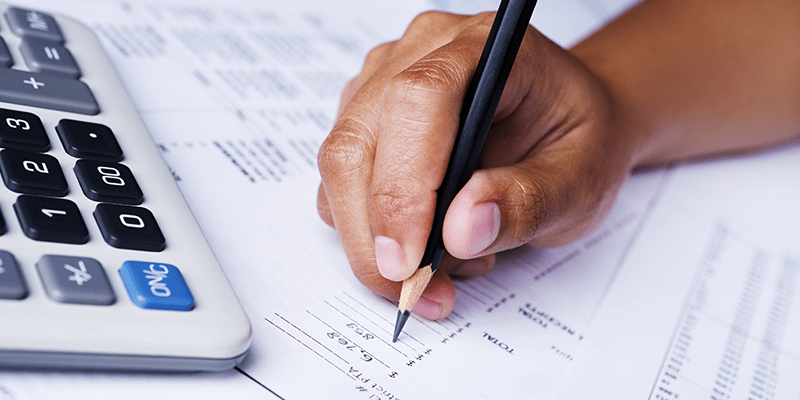

November 5th, 2018
Landlords have to stay on top of a number of property related tasks, bills, tenant concerns and maintenance checks in order to earn a reputation as a good landlord.
Below, we'll explain a handful of things landlords need to keep record which will only help with organization and allow you to pull any important document you need with ease.
There are few different types of deposits associated with rental properties every landlord should know about.
One is the key deposit, which landlords can request from tenants in exchange for unit keys, building fobs or duplicate sets. The deposit must be repaid when the tenant returns the keys at the end of their stay and the landlord cannot charge more than the cost to replace the keys for the deposit.
Last month’s rent is another deposit that landlords will need in order to cover the tenant’s last month of residency. It might be required once the lease is signed to secure the unit, or it may be given at the start of the tenancy along with first month’s rent.
Security deposits are considered illegal in Ontario. Today, last month’s rent – also known as the rent deposit – is the only substantial deposit landlords are allowed to request from tenants, next to the key deposit.
Keeping track of different deposits is relatively easy with a business account and consistent bookkeeping.
Checking on the condition of your property is essential to responsible landlord-ing. Tenants might not tell you right away if anything gets damaged or broken.
Whenever a tenant moves out, do a full inspection of their unit. When someone new moves in, let them know it’s your responsibility as a landlord to respond to tenant needs, including property condition concerns. Taking this friendly step should let your tenants know that you’re around if they ever need help.
Lastly, do annual checks around your property and your rental units. You must provide tenants with notice before you enter the unit for the inspection.
Performing regular property maintenance saves you money in the long run and also keep tenants for the long term.
Landlords in Ontario have to report their rental income every tax season. The federal T776 form, or Statement of Real Estate Rentals, will help you calculate your rental income and expenses related to your property.
For non-resident landlords renting out an Ontario property there are separate forms needed including the NR6 form, NR4 form, summary documents and Section 216 returns.
Of course, a good property management team or accountant can take the administrative burden associated with tax reporting off your hands.
Landlords and property managers have to stay on top of a couple important dates.
At the renewal of the lease, or after one year of tenancy, a landlord can increase the rent by 1.8% for 2018-2019. This percentage changes every year and is intended to reflect the rate of inflation. Tenants need to be aware of the rental increase 90 days before it's set to go into effect.
Tenants are able to give notice 60 days before they intend to move out. It’s up to you if you’d like to negotiate a shorter notice period, but make sure to get everything in writing.
Landlords should also know when a tenant’s insurance expires.
Both landlords and tenants should have separate insurance policies. Insurance for a rental property is different than a regular homeowner’s policy.
A landlord’s insurance policy covers your property’s replacement cost including its structure and the appliances within the unit. A landlord policy will also provide liability coverage for slips and falls, or other injuries within shared spaces.
A tenant’s insurance policy will go on to cover the personal possessions they bring into their unit, plus cover them for any liability claims should someone gets injured inside their residence.